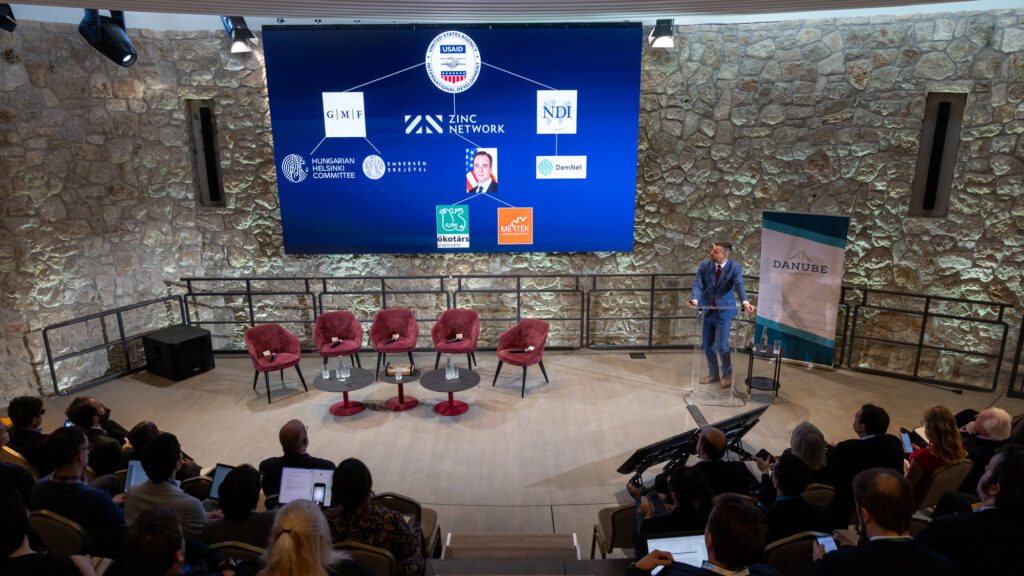Digital unawareness directly heightens exposure to online fraud, with those who mistake AI-generated false content for real three times more likely to be scammed, according to a new representative survey by Visa, unveiled Monday together with the CyberShield initiative. The findings were summarized by the Hungarian Banking Association.
The study shows that nearly one in four Hungarians has shared a post without verifying its authenticity. Around one-third rarely read beyond headlines on social media or news sites before forming an opinion, and almost 8 per cent of social media users admit they take no steps at all to protect themselves online.
The consequences of fraud extend far beyond financial loss, the association noted. Victims frequently report emotional stress, heightened anxiety and reduced productivity. One in five respondents mentioned psychological effects, and one-third of victims spend more than three working days resolving incidents. An estimated 2.6 million Hungarians have changed their online shopping habits after being deceived or targeted by scams; 40 per cent say they now shop less frequently online or avoid smaller or unfamiliar brands.
The statement added that digital fraud has risen sharply worldwide in recent years, including in Hungary. In a rapidly evolving cyber environment, prevention and the support of law enforcement can only be effective if financial, regulatory, governmental and policing institutions act in a coordinated, proactive manner.
This effort is reinforced by a new professional volume, Cybersecurity – Cyberspace, by Levente Kovács and Elemér Terták, which the Banking Association presented alongside the Visa report. Kovács, the association’s secretary-general and a university professor, emphasized that preserving the benefits of digitalization depends on maintaining a secure cyberspace. He noted that cybercrime has become the most profitable industry today, and its rapid technological evolution gives criminals an advantage, making prevention and defence increasingly crucial.
He added that understanding, categorizing and forecasting cyberattacks is essential, and the new book provides the theoretical foundation for developing effective educational, defensive, regulatory and law-enforcement structures.
The statement stressed that cooperation among businesses, state institutions and professional organizations—building on initiatives such as the CyberShield programme—is vital to ensuring that Hungary remains a safe, transparent and competitive digital environment.
Launched in November 2022, the CyberShield Programme is an educational and communication initiative aimed at preventing online financial fraud and protecting both retail consumers and corporate clients. Its partners include the Ministry of Justice, Hungarian State Treasury, Hungarian Banking Association, National Bank of Hungary, Mastercard, National Cybersecurity Institute, Ministry for National Economy, National Media and Infocommunications Authority, National Protection Service, National Police Headquarters, Financial Arbitration Board, Supervisory Authority for Regulated Activities, Szerencsejáték Ltd, and Visa.
Related articles:







